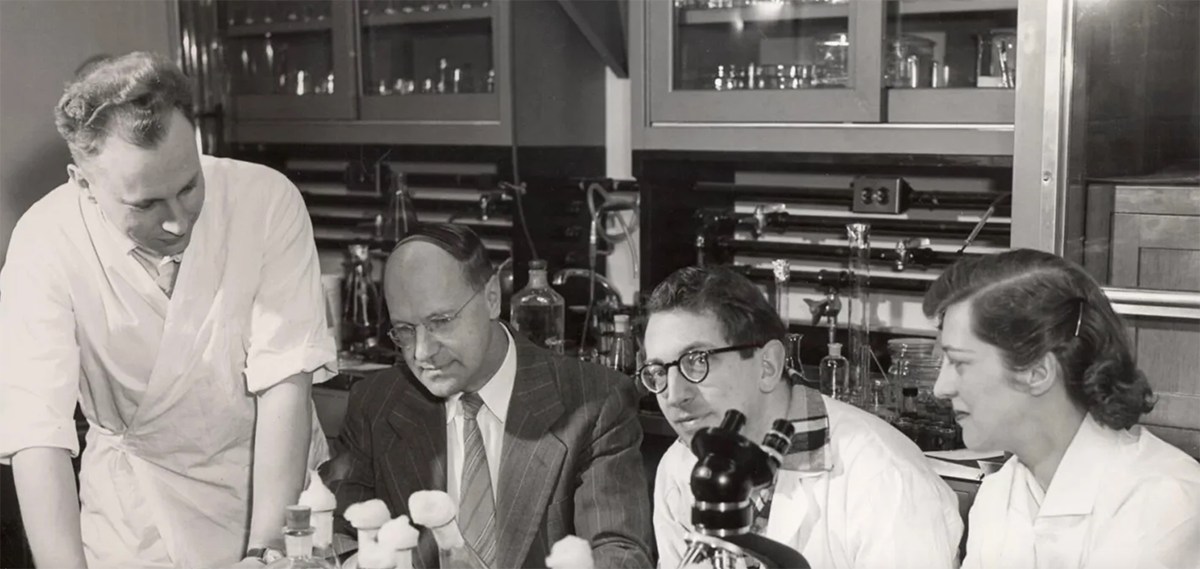
23 Aug UW Carbone marks 50 years of cancer innovation
With the National Cancer Act of 1971, the federal government devoted significant resources to a “war on cancer,” seeking better diagnostics and treatments to increase patient survival. Part of this effort included establishing innovative cancer research and treatment hubs across the U.S.
Since 1973, UW Carbone has remained at the forefront of life-saving discoveries as Wisconsin’s only NCI-designated comprehensive cancer center.
“I’m very proud to be a part of that rich legacy,” said Dr. Howard Bailey, director of UW Carbone. “What we’ve done in my time, and what UW Carbone will continue to do, is honor that legacy by continuing to add to it: To be a global leader in cancer prevention, diagnosis and care.”
Legacy of Discovery
UW’s roots as a hub of cancer innovation run deep.
In 1940, the McArdle Memorial Laboratory for Cancer Research became the first basic cancer research center founded by a university in the U.S. This effort was championed by Dr. Harold P. Rusch, who also was a driving force in securing UW’s NCI comprehensive cancer center status and served as the cancer center’s first director.
UW has been the birthplace of several significant treatments, including the Mohs Surgery for skin cancer, the chemotherapy drug 5-fluorouracil (5-FU), the breast cancer treatment tamoxifen, and TomoTherapy, a highly-precise form of radiation that minimizes impact on healthy tissue. UW researchers also established SPF ratings for sunscreen. Read more …



